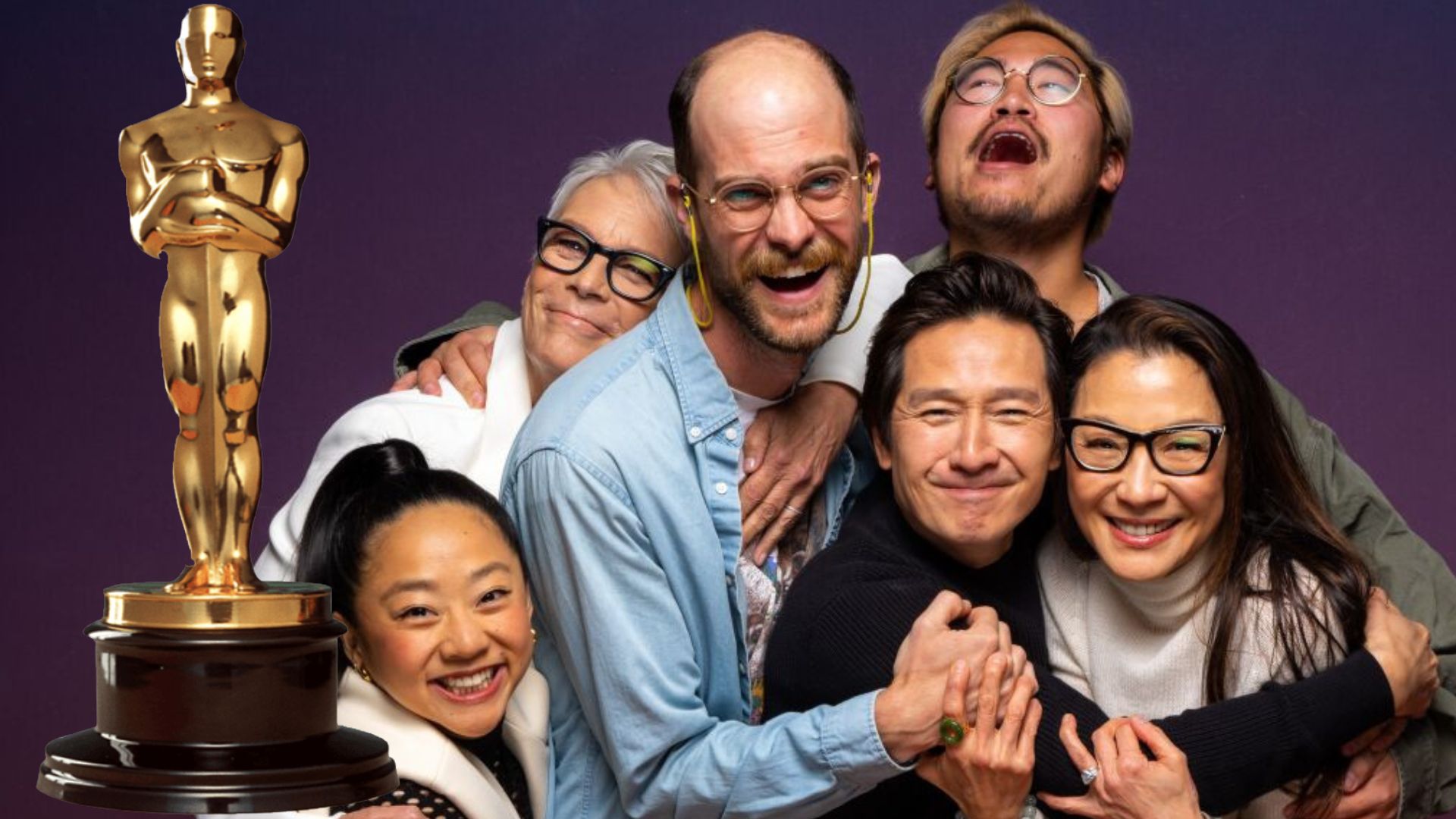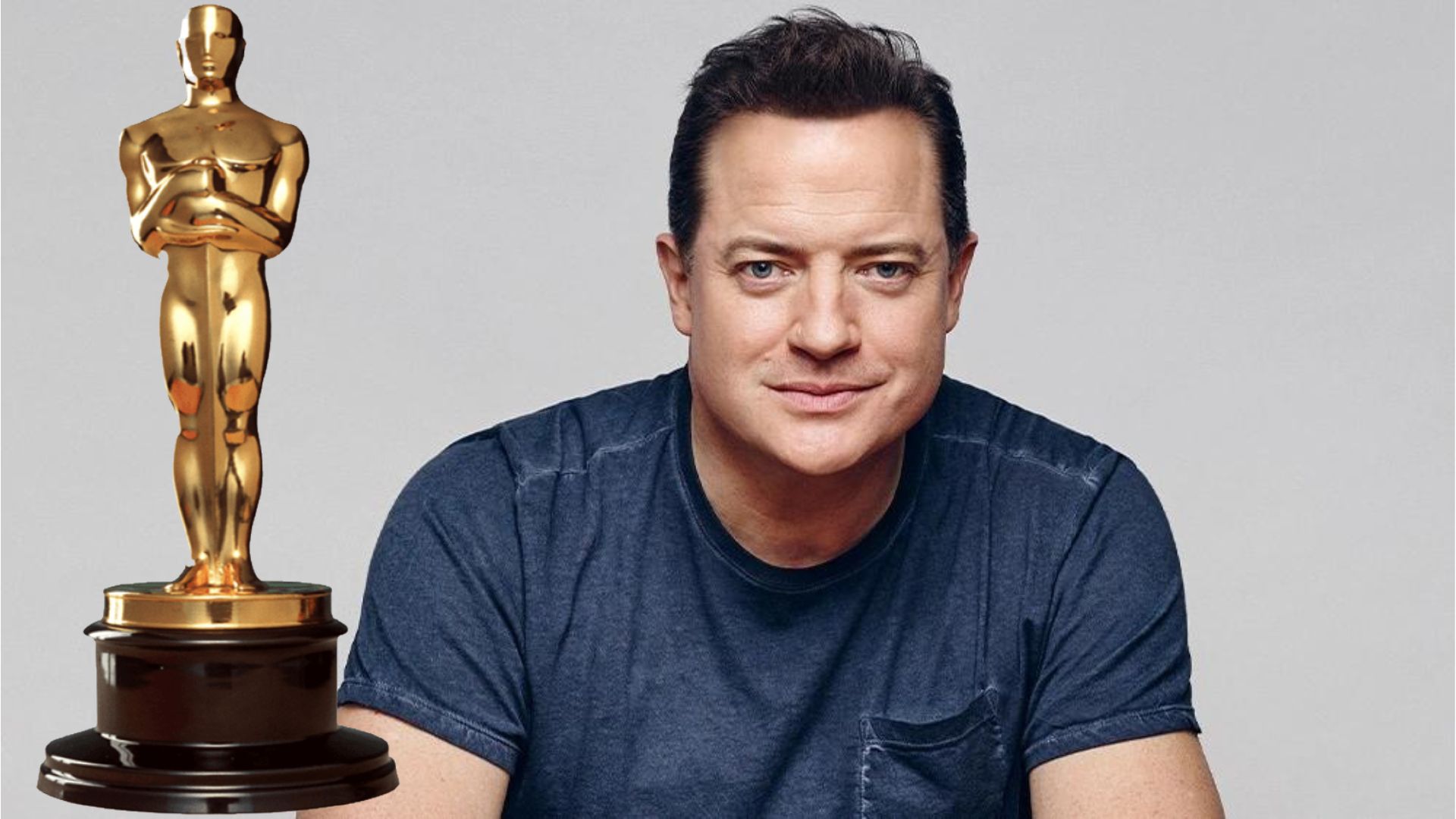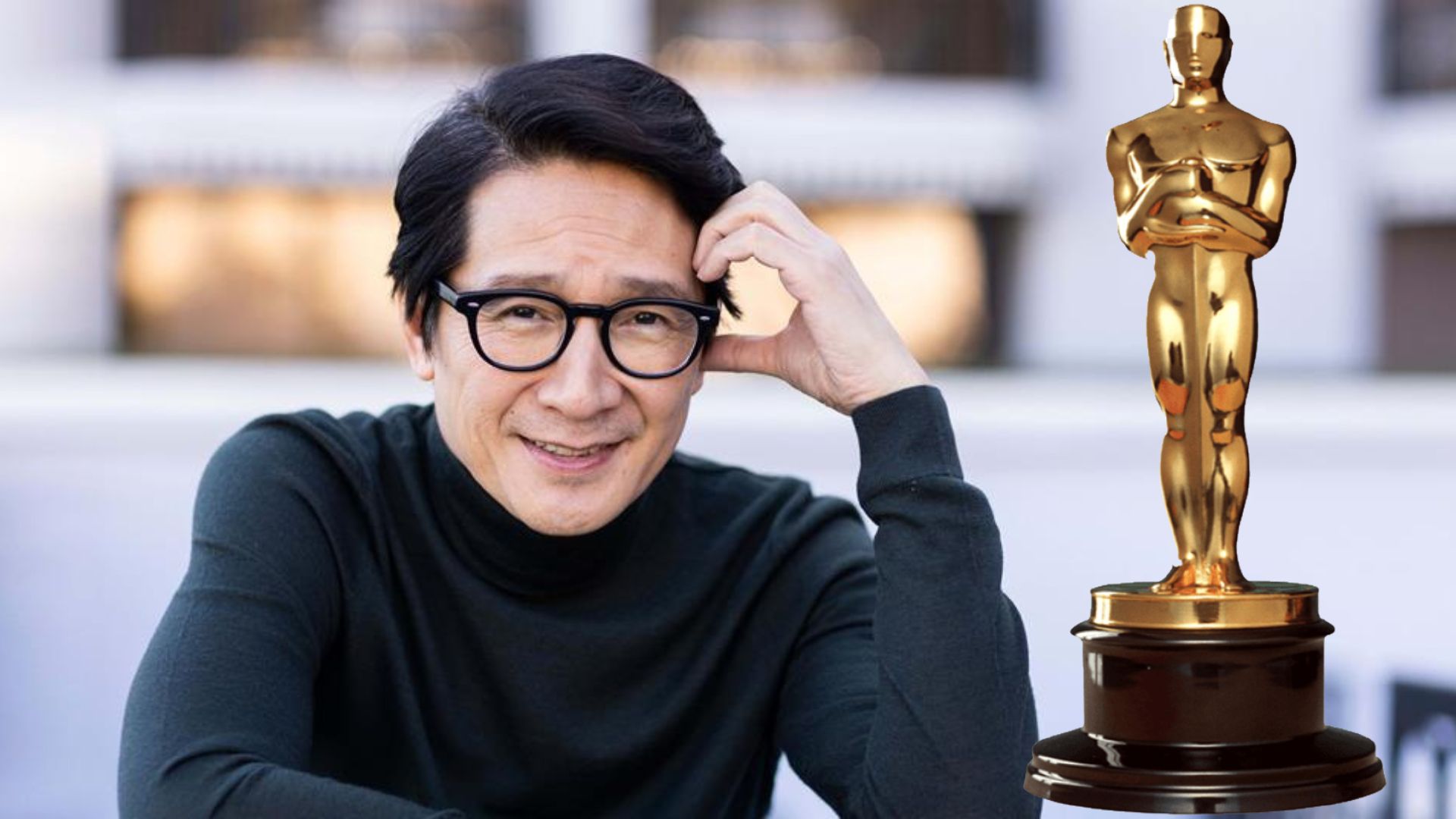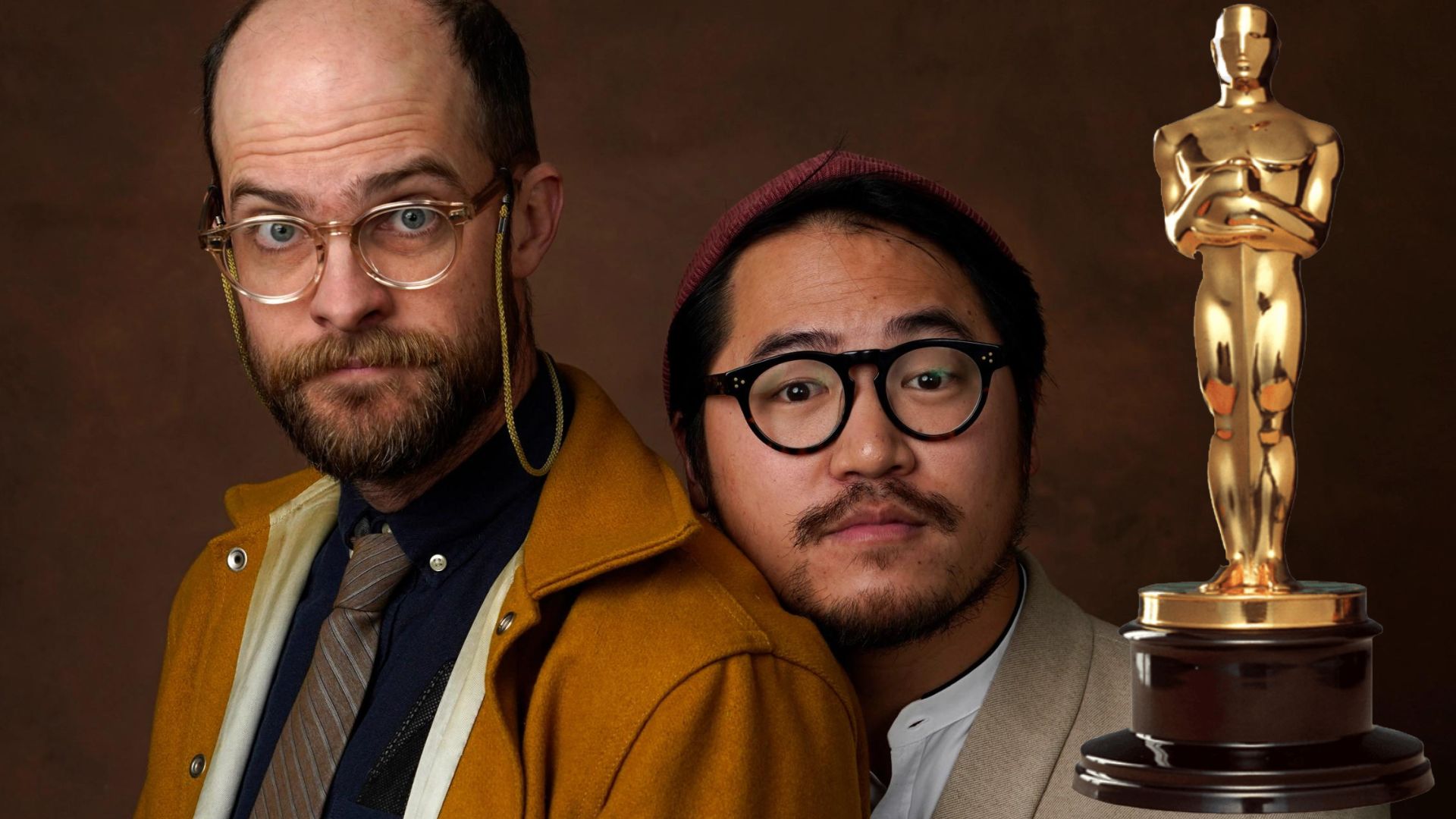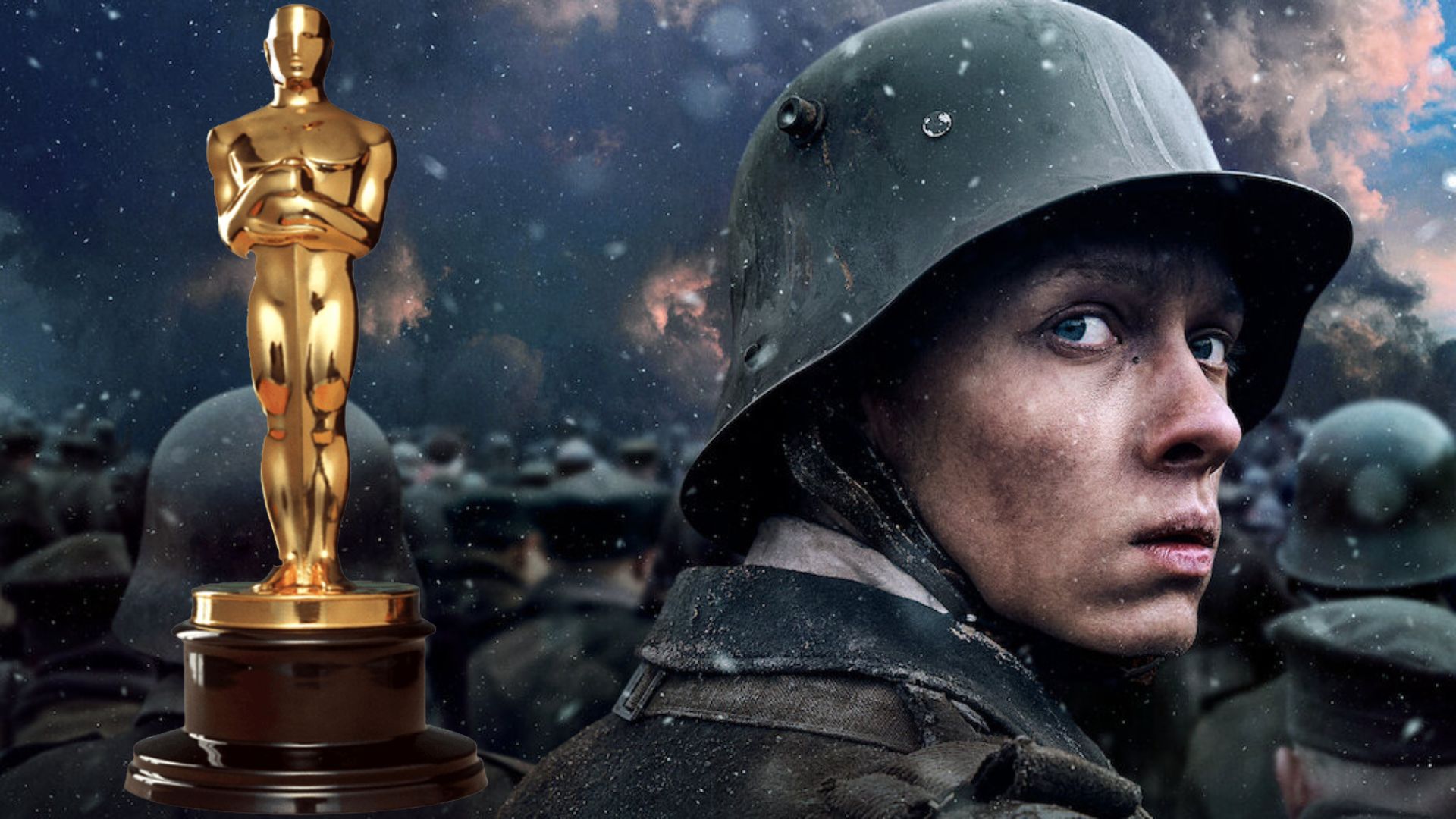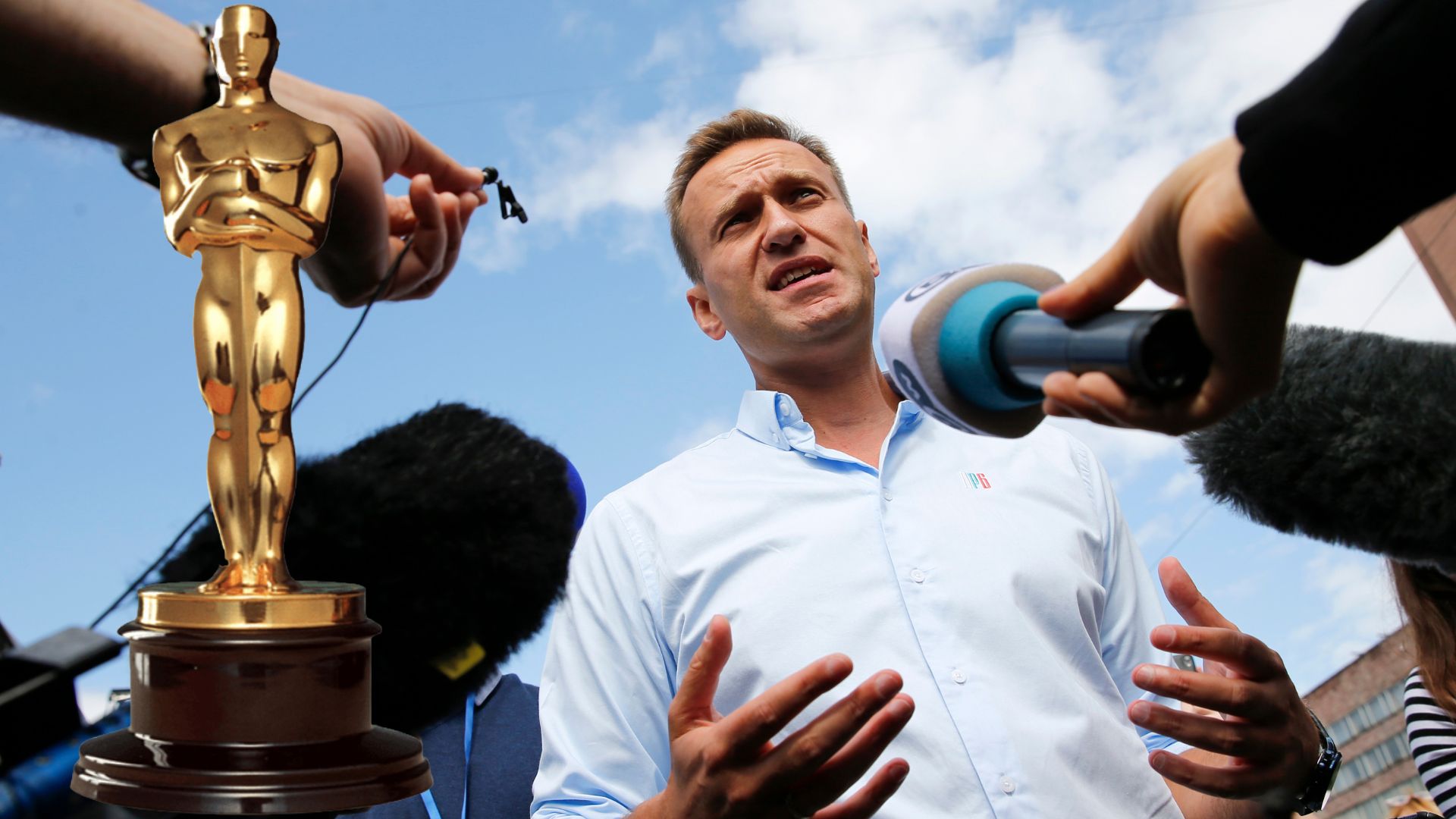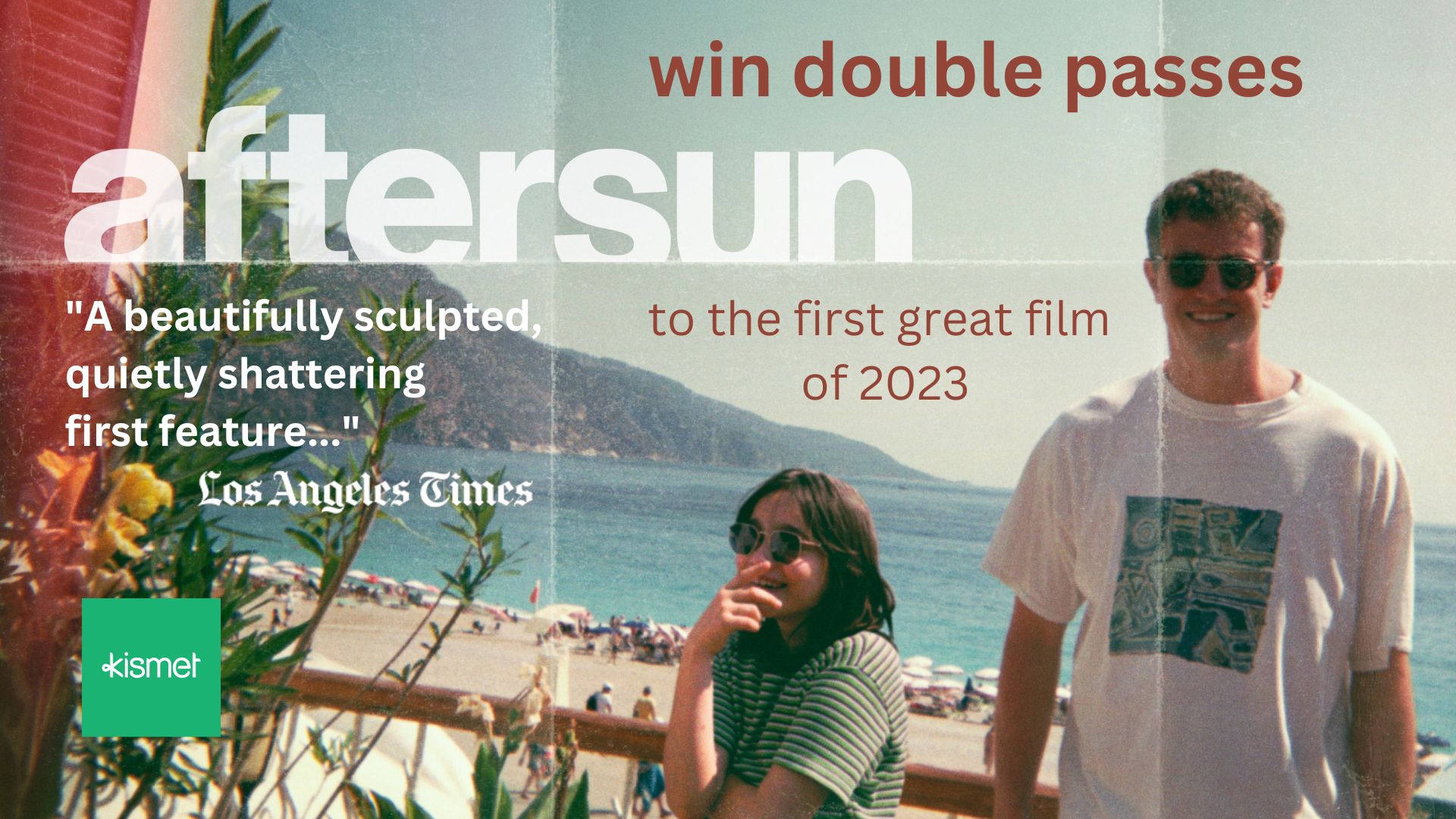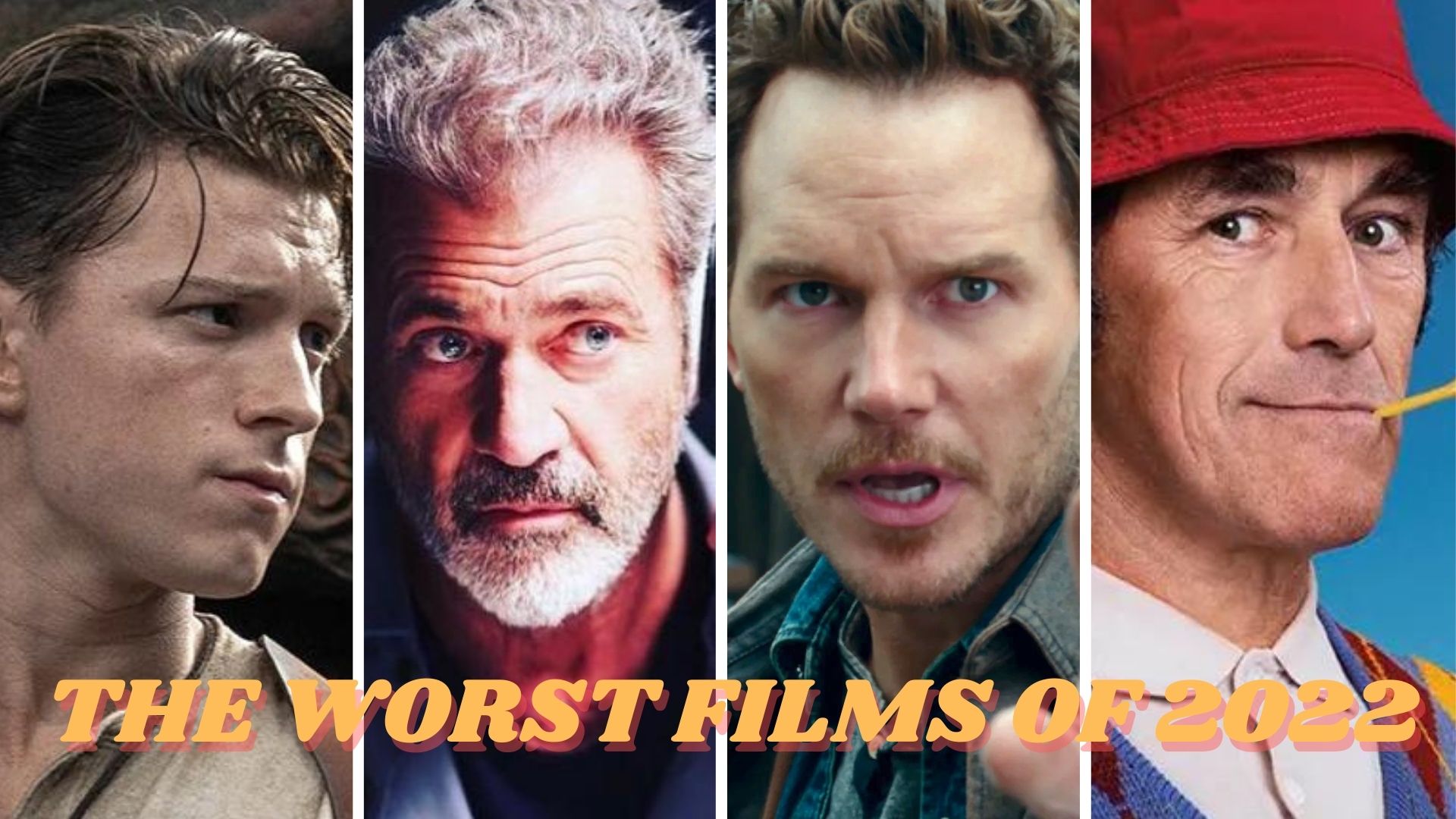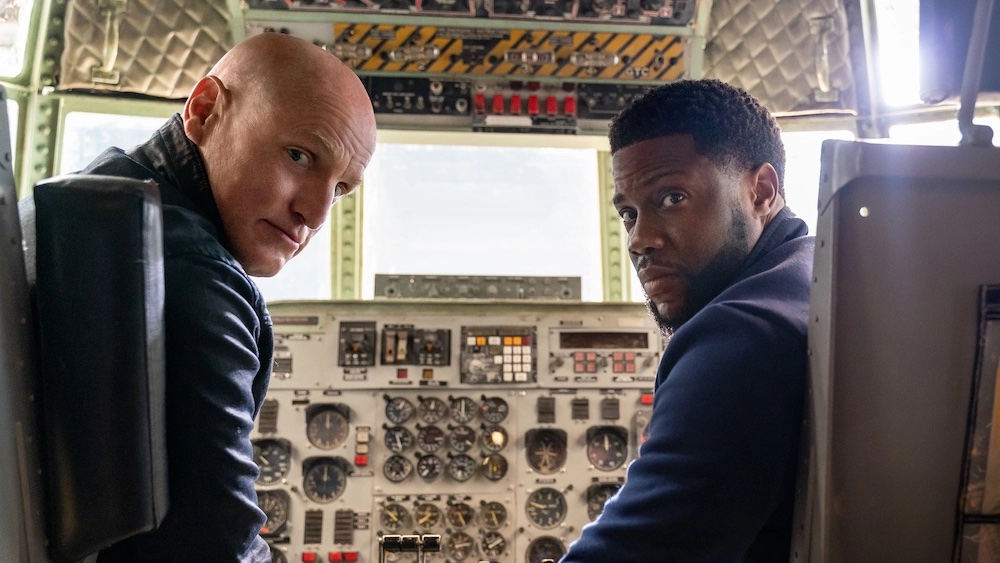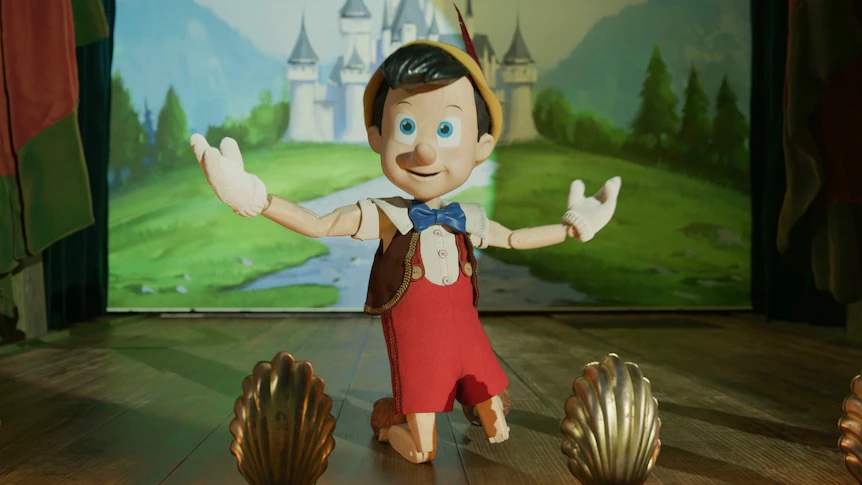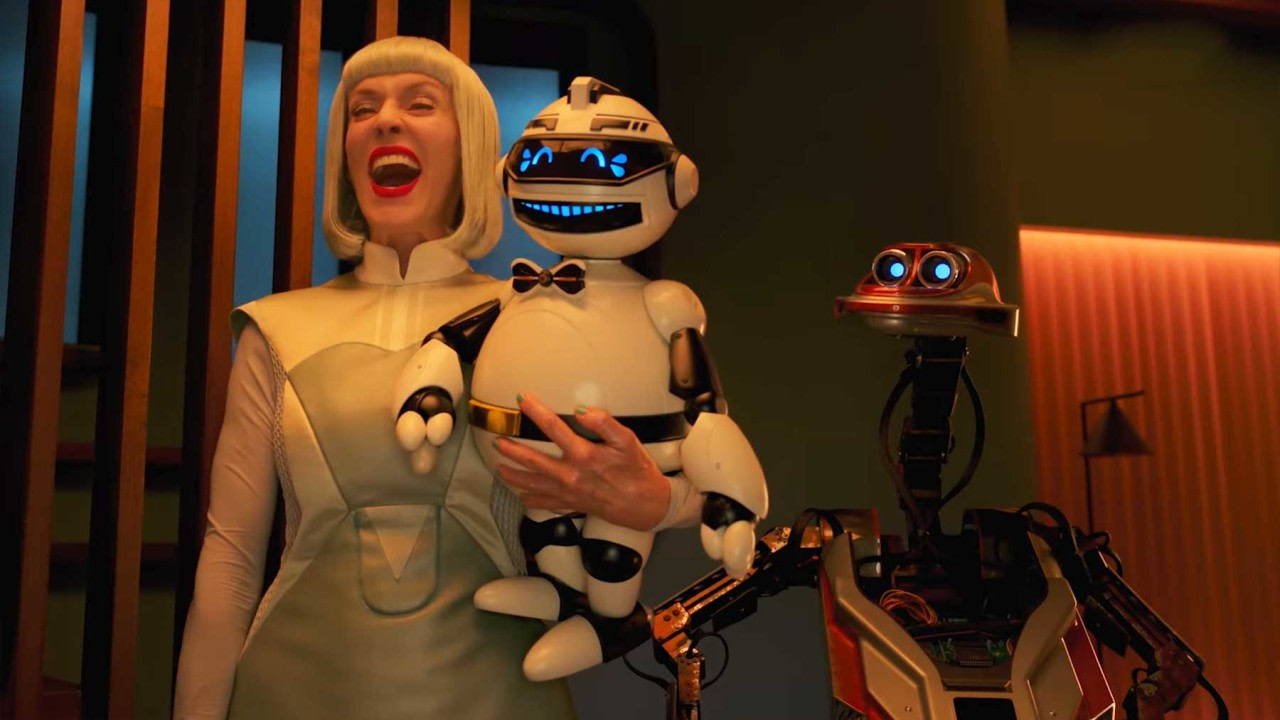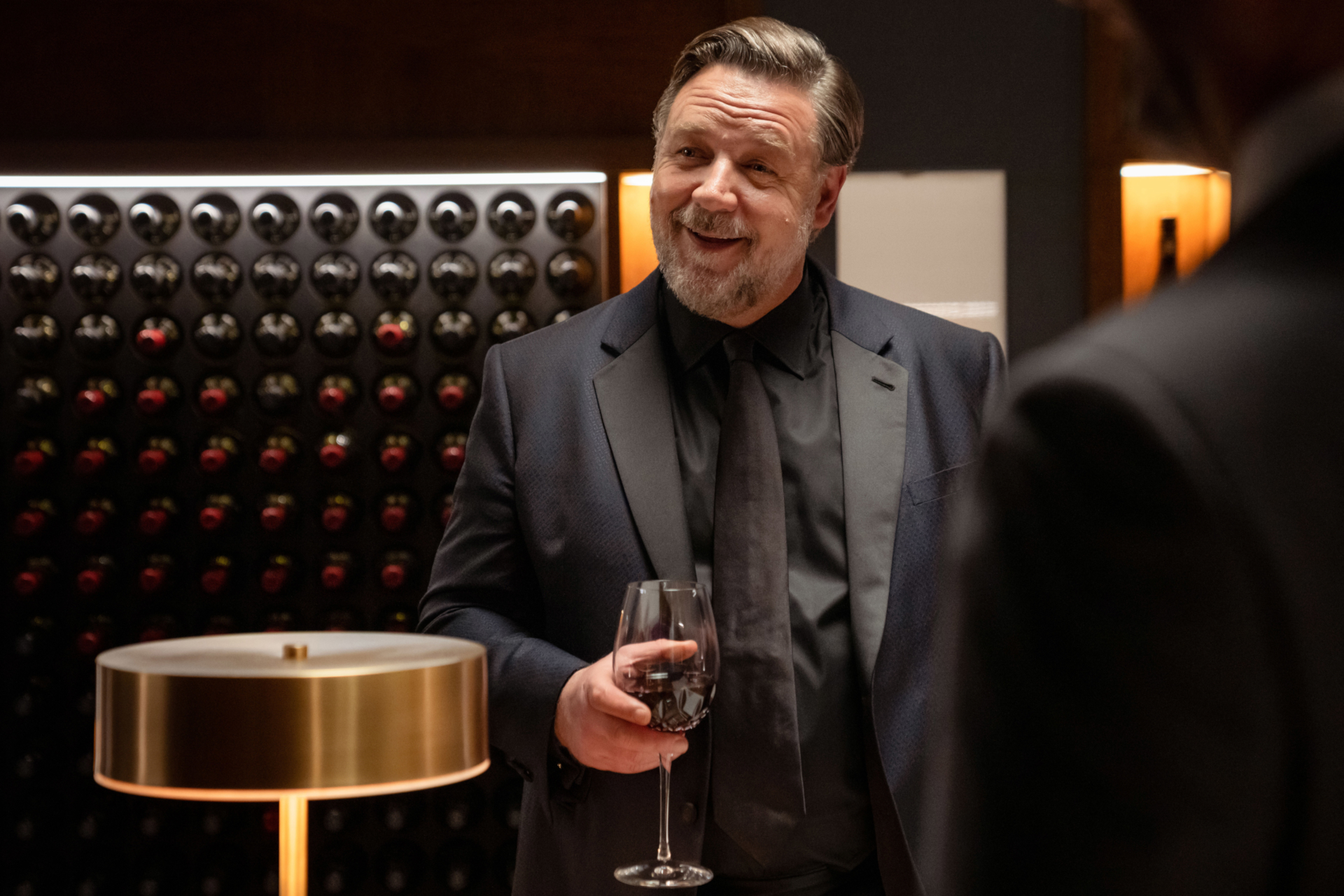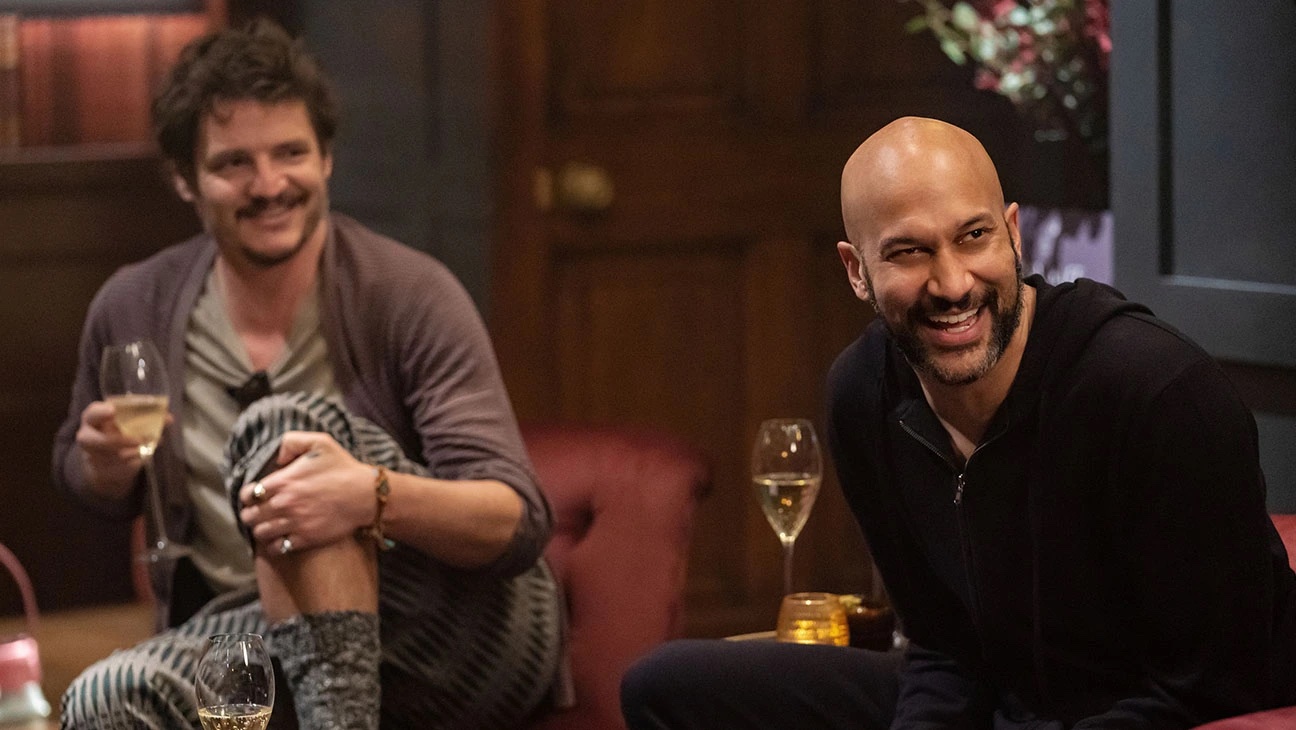2023 OSCAR PREDICTIONS, PART 2: DIRECTOR, ACTRESSES, ADAPTED SCREENPLAY, ANIMATED FILM PLUS LOTS MORE
In Part 2 of our Oscar Predictions piece, we make some big calls (yes, Ana de Armas should win for Blonde!) and hope you're along for the ride.
Read 2023 OSCAR PREDICTIONS, PART 1: FILM, ACTORS, ORIGINAL SCREENPLAY, SONG PLUS LOTS MORE here.
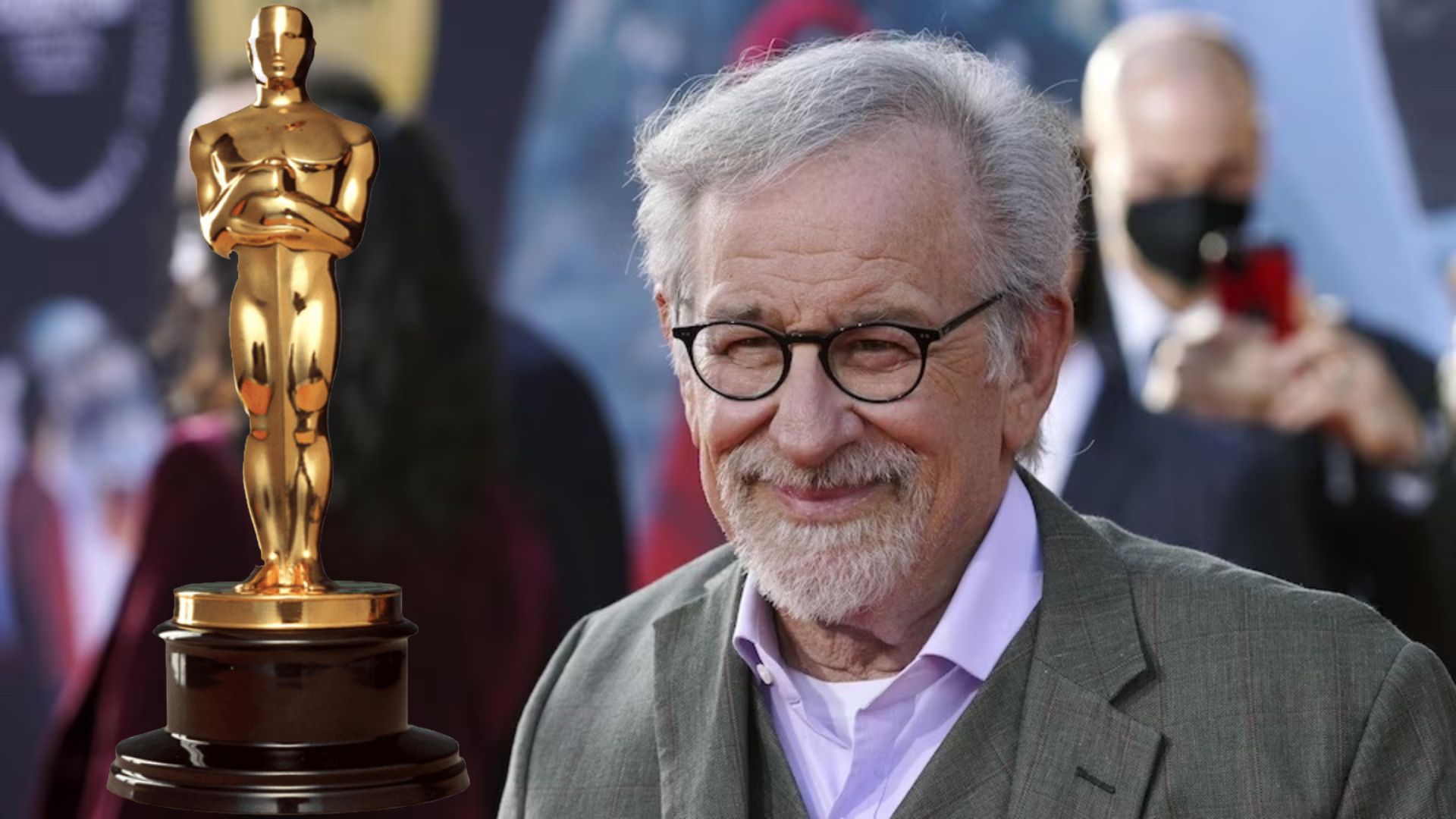
BEST DIRECTOR
Splitting the Director and Film honours used to be an anomaly, but that’s on the turn. I think it’ll happen again this year; The Daniels will get their individual trophies in the Original Screenplay category, but get pipped here by Steven Spielberg for The Fabelmans. Todd Field can consider himself unlucky that Tar is up against a buzz title in Everything…. And a sentimental fave in Fabelmans, because Tar is masterfully helmed.
NOMINEES: Ruben Östlund, Triangle of Sadness; Todd Field, Tár; Daniel Kwan & Daniel Scheinert, Everything Everywhere All at Once; Martin McDonagh, The Banshees of Inisherin; Steven Spielberg, The Fabelmans.
WHO SHOULD WIN: Todd Field for Tár.
WHO WILL WIN: Steven Spielberg for The Fabelmans
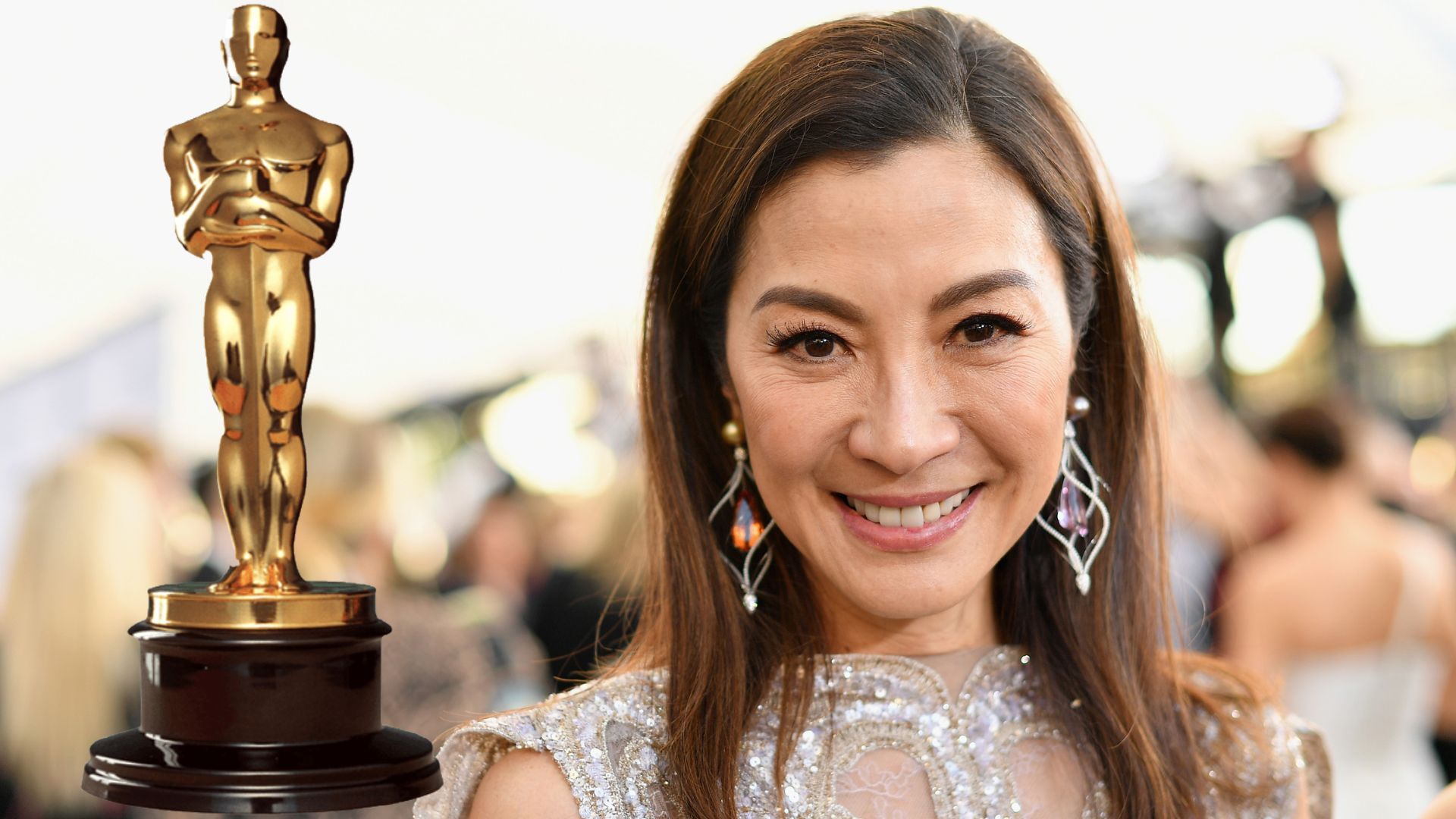
BEST ACTRESS
The triumphant SAG ceremony for all things Everything Everywhere All at Once was the clearest indication yet that Michelle Yeoh will trump our Cate here. Blanchett is playing the game harder than usual to secure Oscar votes (did you see the, ‘Cate Explains Aussie Slang’ article? Oh, boy…), but the tide has well and truly turned Yeoh’s way at just the right time.
NOMINEES: Cate Blanchett, Tár; Ana de Armas, Blonde; Andrea Riseborough, To Leslie; Michelle Williams, The Fabelmans; Michelle Yeoh, Everything Everywhere All at Once
WHO SHOULD WIN: Ana de Armas for Blonde.
WHO WILL WIN: Michelle Yeoh for Everything Everywhere All at Once.
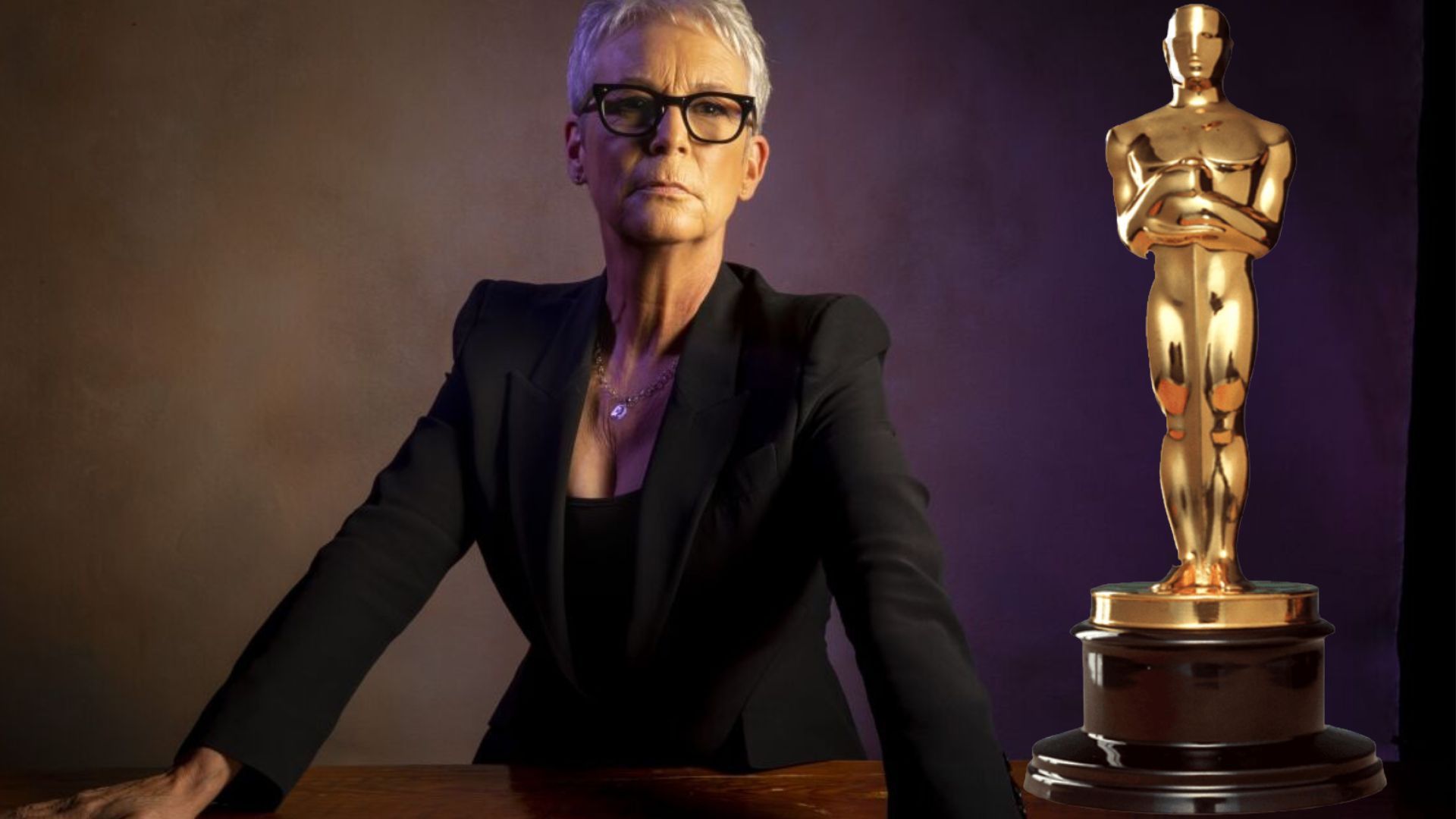
BEST SUPPORTING ACTRESS
Traditionally a very tough category to pick; remember when Marisa Tomei beat Lauren Bacall? For much of the awards season, Angela Bassett stood tall, but then Jamie Lee Curtis surged and, as we write this, Kerry Condon is emerging as the bolter. This is a real dart-in-the-dark guess, but here goes…
NOMINEES: Angela Bassett, Black Panther: Wakanda Forever; Hong Chau, The Whale; Kerry Condon, The Banshees of Inisherin; Jamie Lee Curtis, Everything Everywhere All at Once; Stephanie Hsu, Everything Everywhere All at Once
WHO SHOULD WIN: Kerry Condon for The Banshees of Inisherin
WHO WILL WIN: Jamie Lee Curtis for Everything Everywhere All at Once
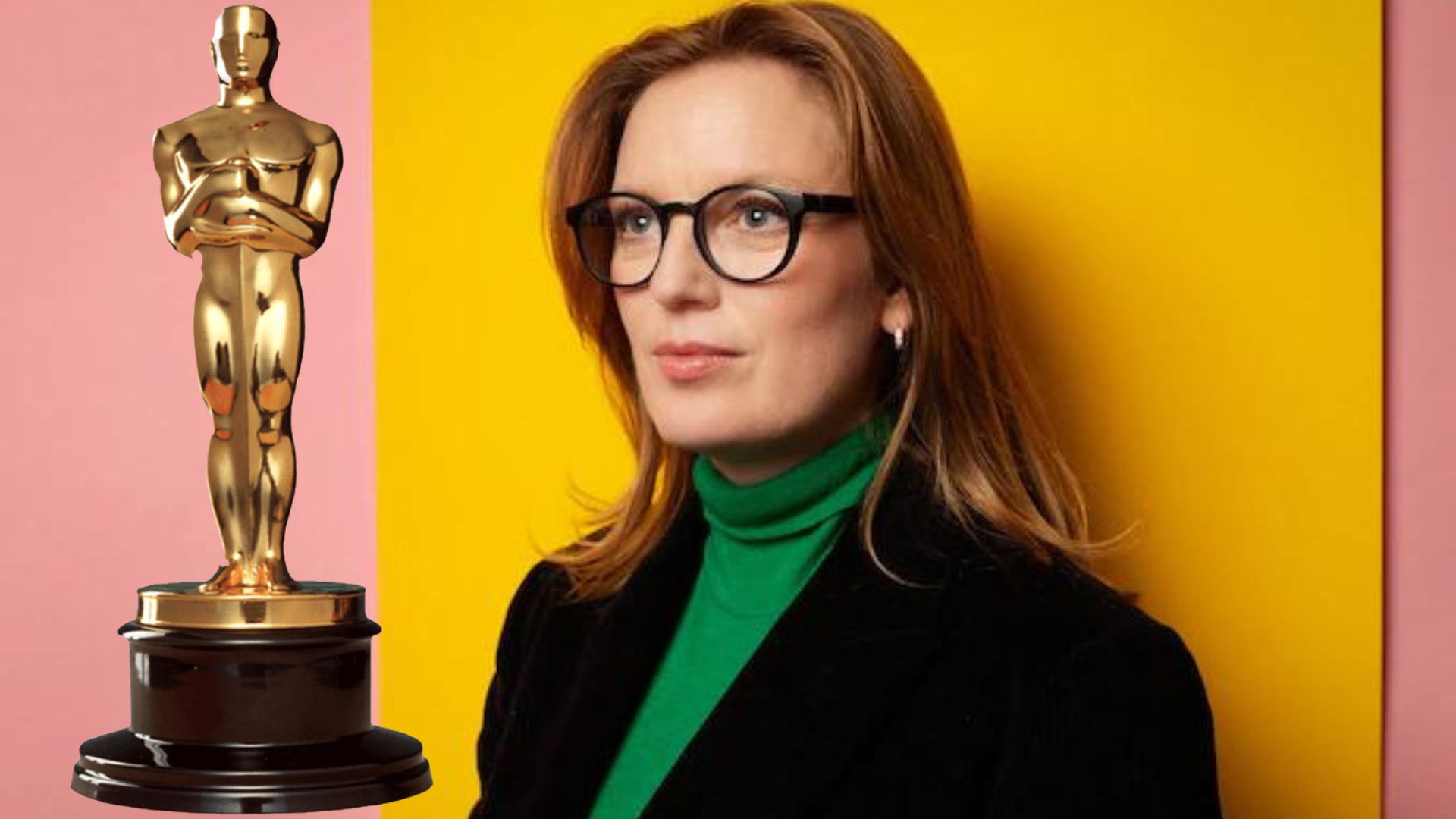
BEST ADAPTED SCREENPLAY
If the mood is ‘Let’s Spread the Love’, here’s where the hugely respected auteur Sarah Polley picks up her first gong, for the incendiary Best Picture nominee Women Talking. If it goes the way of the most nominations, …Western Front will step up. Or is this where finely-tuned nostalgia of Top Gun: Maverick gets its due?
NOMINEES: Edward Berger, Ian Stokell & Lesley Paterson, All Quiet on the Western Front; Rian Johnson, Glass Onion: A Knives Out Mystery; Kazuo Ishiguro, Living; Ehren Kruger, Eric Warren Singer, Christopher McQuarrie, Peter Craig & Justin Marks, Top Gun: Maverick; Sarah Polley, Women Talking
WHO SHOULD WIN: Sarah Polley for Women Talking
WHO WILL WIN: Sarah Polley for Women Talking
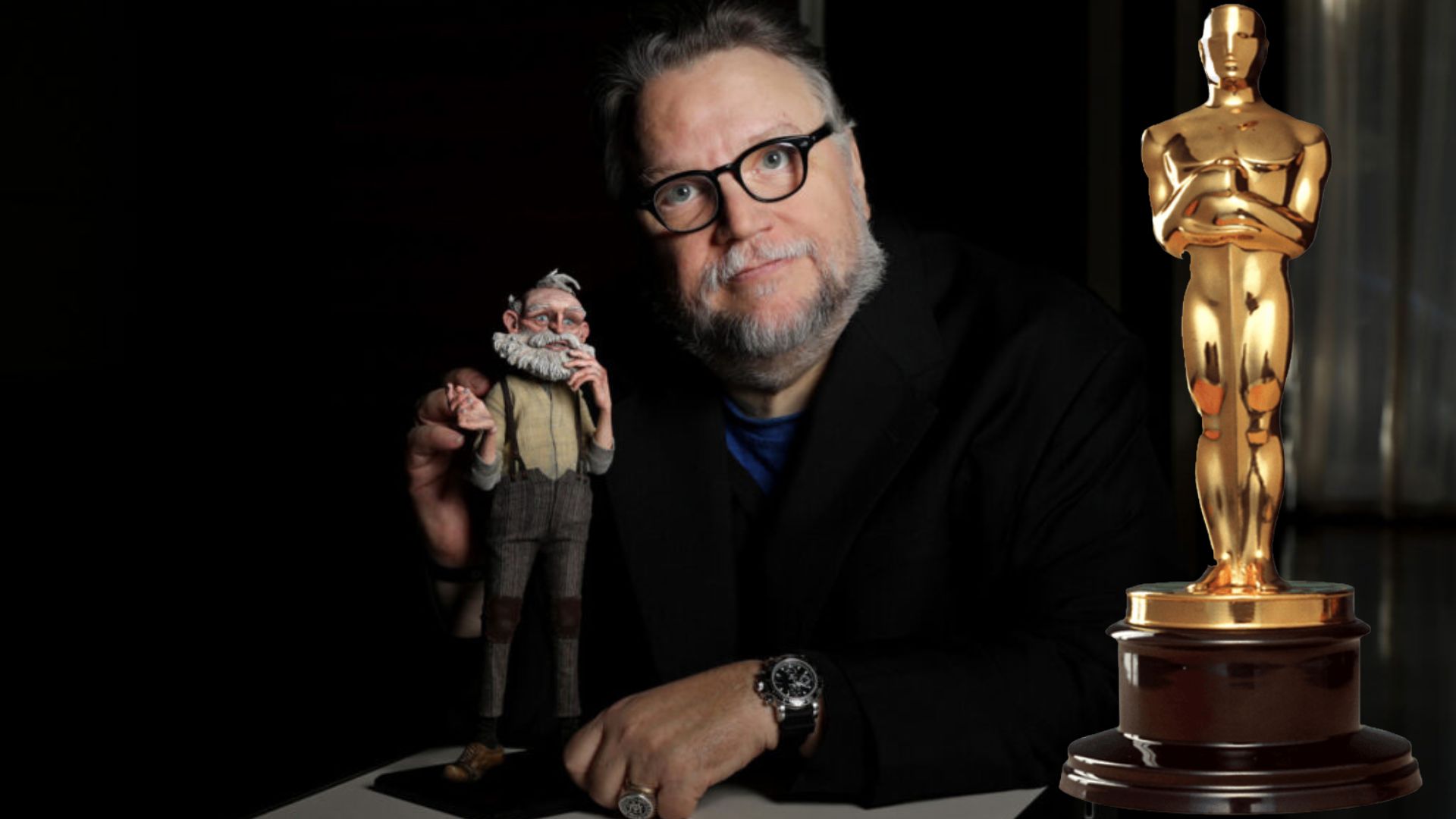
BEST ANIMATED FEATURE
NOMINEES: Guillermo del Toro’s Pinocchio; Marcel the Shell With Shoes On; Puss in Boots: The Last Wish; The Sea Beast; Turning Red
WHO SHOULD WIN: Puss in Boots: the Last Wish
WHO WILL WIN: Guillermo del Toro’s Pinocchio
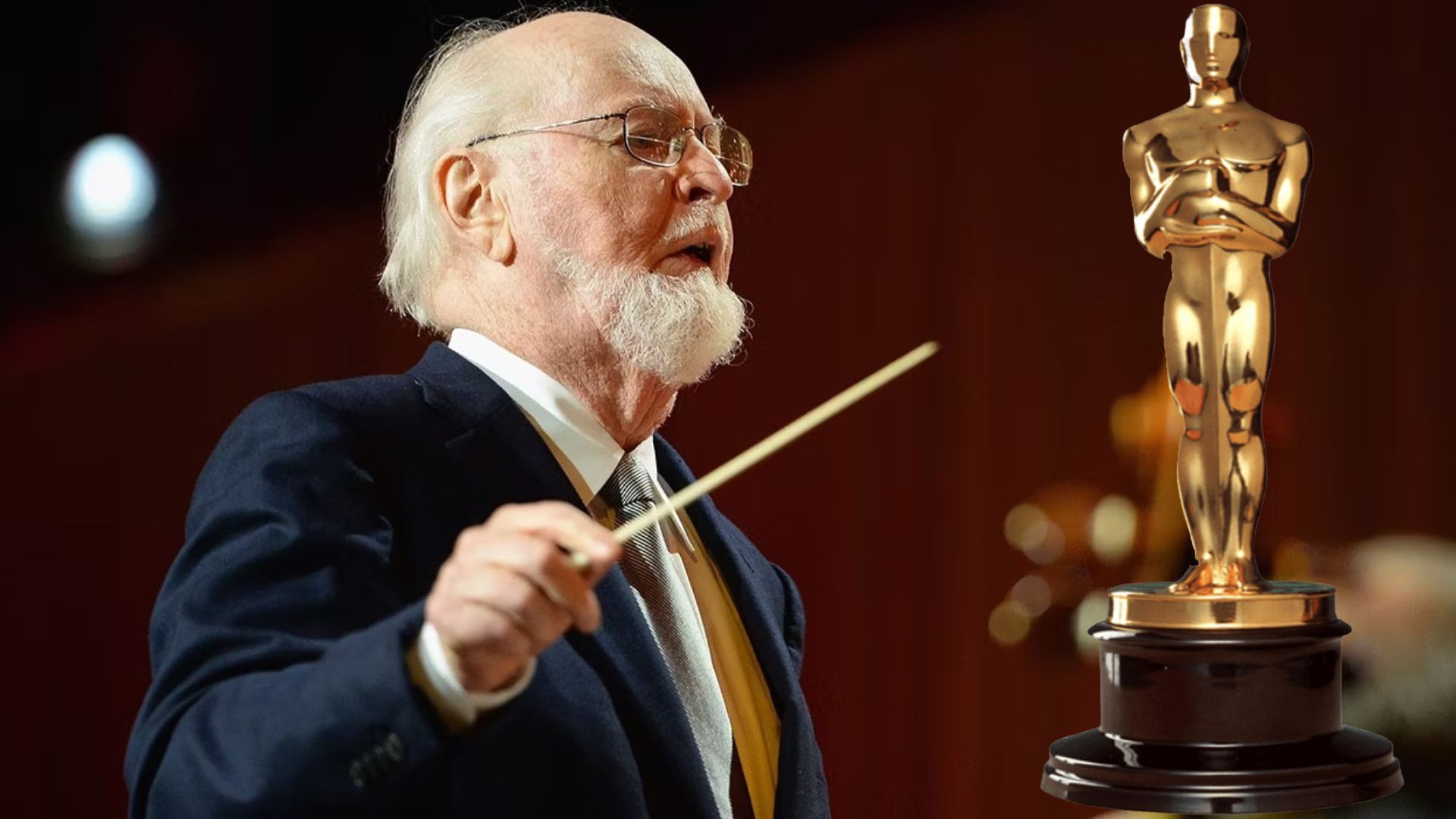
BEST ORIGINAL SCORE
NOMINEES: Volker Bertelmann, All Quiet on the Western Front; Carter Burwell, The Banshees of Inisherin; Justin Hurwitz, Babylon; Son Lux, Everything Everywhere All at Once; John Williams, The Fabelmans
WHO SHOULD WIN: Justin Hurwitz for Babylon
WHO WILL WIN: John Williams for The Fabelmans
BEST CINEMATOGRAPHY
NOMINEES: James Friend, All Quiet on the Western Front; Roger Deakins, Empire of Light; Darius Khondji, Bardo; Mandy Walker, Elvis; Florian Hoffmeister, Tár
WHO SHOULD WIN: Roger Deakins for Empire of Light
WHO WILL WIN: Mandy Walker for Elvis
BEST PRODUCTION DESIGN
NOMINEES: Christian M. Goldbeck & Ernestine Hipper, All Quiet on the Western Front; Catherine Martin, Karen Murphy & Bev Dunn, Elvis ; Florencia Martin & Anthony Carlino, Babylon ; Dylan Cole, Ben Procter & Vanessa Cole, Avatar: The Way of Water; Rick Carter & Karen O’Hara, The Fabelmans
WHO SHOULD WIN: Florencia Martin & Anthony Carlino for Babylon
WHO WILL WIN: Catherine Martin, Karen Murphy & Bev Dunn for Elvis
BEST MAKEUP AND HAIRSTYLING
NOMINEES: All Quiet on the Western Front; The Batman; Black Panther: Wakanda Forever; Elvis; The Whale
WHO SHOULD WIN: The Whale
WHO WILL WIN: Elvis
BEST SOUND
NOMINEES: All Quiet on the Western Front; Avatar: The Way of Water; The Batman; Elvis; Top Gun: Maverick
WHO SHOULD WIN: Top Gun: Maverick
WHO WILL WIN: All Quiet on the Western Front
BEST ANIMATED SHORT
NOMINEES: The Boy, the Mole, the Fox and the Horse; The Flying Sailor; Ice Merchants; My Year of Dicks; An Ostrich Told Me the World Is Fake and I Think I Believe It
WHO WILL WIN: An Ostrich Told Me the World Is Fake and I Think I Believe It
 Academy Awards,
Academy Awards,  Film Awards,
Film Awards,  Oscars
Oscars 